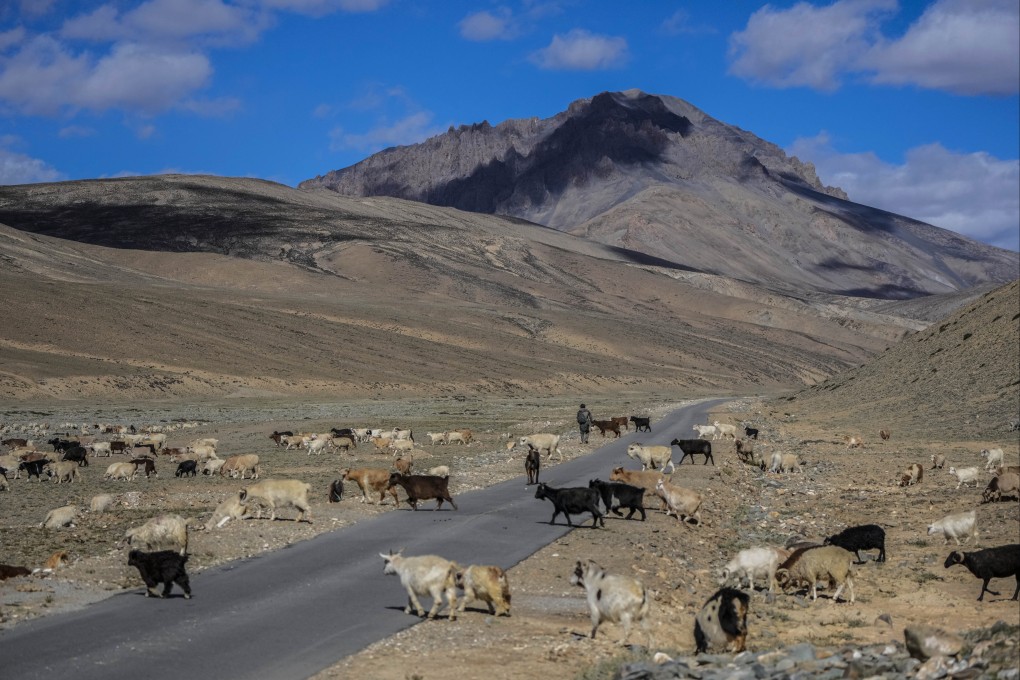Opinion | Can the world agree this week to avoid a sixth ‘great extinction’ of species?
- The UN biodiversity conference in Montreal could be as consequential for nature as the Paris agreement still might be for climate action
- However, the fact that few heads of state are attending the much-delayed meeting does not bode well for success

COP15 is the 15th Conference of Parties to the UN Convention on Biological Diversity, a treaty drafted in 1992 to protect the world’s rich tapestry of biodiversity. The event had been set to happen in China in 2020, but was postponed several times due to the pandemic.
Therefore, the goal in Montreal is developing a post-2020 biodiversity framework, thus mapping out a plan to tackle the crisis in the natural world perhaps until mid-century for most countries, with the exception of the United States, which has not yet signed up. This will include key targets to be met by 2030.
If this can be agreed on, the meeting could prove to be as consequential for stemming biodiversity loss as the landmark 2015 Paris agreement still might be for action on climate change. The need is particularly pressing as the meeting comes, tragically, after countries failed to meet a single one of the targets set for the previous decade.
The warning lights are therefore flashing red in what has been called by some scientists as the sixth great extinction facing the planet, with an estimated million plant and animal species now at risk. Monitored wildlife populations have plummeted by an average of around 70 per cent in the past 50 years, and around 30 soccer pitches worth of forest are being lost every minute. Clearly, this cannot go on.
